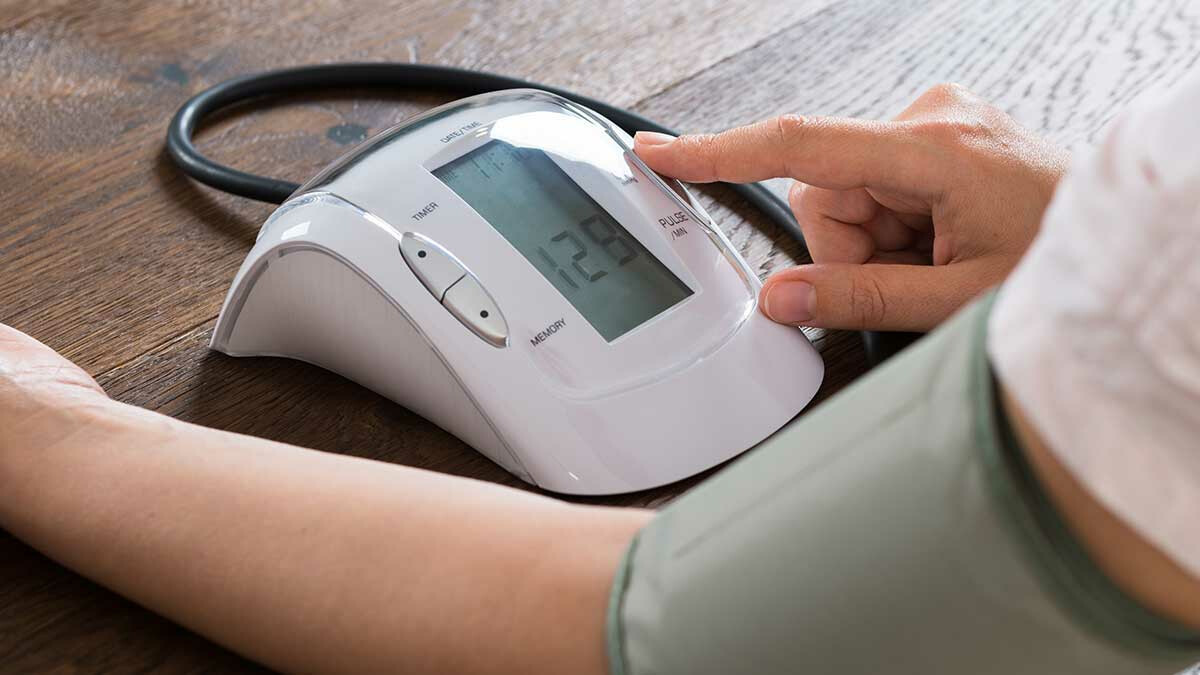Protect Your Vision: The Importance of Diabetic Eye Exams

If you’re living with diabetes, taking care of your eyes is just as important as managing your blood sugar. Diabetes can lead to serious eye conditions—but with regular diabetic eye exams, many of these issues can be detected early and treated before they affect your vision.
Why Diabetic Eye Exams Matter
Diabetes increases your risk for several eye diseases, including:
- Diabetic retinopathy – damage to the blood vessels in the retina, which can lead to vision loss if untreated.
- Diabetic macular edema (DME) – swelling in the part of the retina responsible for sharp central vision.
- Glaucoma – increased pressure in the eye that can damage the optic nerve.
- Cataracts – clouding of the eye’s lens, which occurs earlier and more frequently in people with diabetes.
These conditions often develop without noticeable symptoms in the early stages. That’s why routine eye exams are essential, even if your vision seems perfectly fine.
What Happens During a Diabetic Eye Exam?
A diabetic eye exam is quick, painless, and more comprehensive than a standard vision screening. During the exam, your eye care provider will:
- Dilate your pupils using special eye drops to get a clear view of the back of your eyes.
- Check your retina for signs of diabetic damage, such as leaking blood vessels or swelling.
- Assess your optic nerve for pressure-related damage.
- Monitor for changes in your eye health over time, often with photographs or imaging.
These exams can be done by an optometrist or ophthalmologist and are typically recommended at least once a year.
Early Detection = Better Outcomes
The earlier an eye condition is detected, the more options there are for treatment. With timely care, most diabetes-related eye complications can be slowed or even stopped. In fact, early treatment can reduce the risk of blindness by 95%.
How to Prepare for Your Eye Exam
- Bring a list of medications, including any for diabetes or high blood pressure.
- Know your blood sugar levels and A1C history.
- Expect your eyes to be dilated—you may need someone to drive you home.
- Keep up with regular exams, even if your vision feels normal.
Take the Next Step
If you or a loved one is living with diabetes, don’t wait until vision changes happen. Regular diabetic eye exams are a simple but powerful way to protect your sight and stay ahead of potential problems.
Schedule your diabetic eye exam today and take a proactive step toward lifelong eye health. Eye exams to evaluate for diabetic retinopathy can be scheduled at Family Medical Center locations. Please contact your clinic today to schedule. If you are already established with an eye doctor, keep routine follow-up appointments with them as scheduled.
References:
American Diabetes Association. (2025). Taking charge of your diabetes and eye health. https://diabetes.org/health-wellness/eye-health/take-charge
American Diabetes Association. (2025). What can you do to protect your eyes? https://diabetes.org/health-wellness/eye-health/what-can-you-do-protect-your-eyes#:~:text=Taking%20care%20of%20your%20eyes,within%20five%20years%20of%20diagnosis.
NIH; National Eye Institute. (2019). The importance of treatment with good glucose control cannot be underestimated. https://www.nei.nih.gov/sites/default/files/2019-06/diabetes-prevent-vision-loss.pdf



